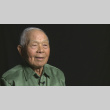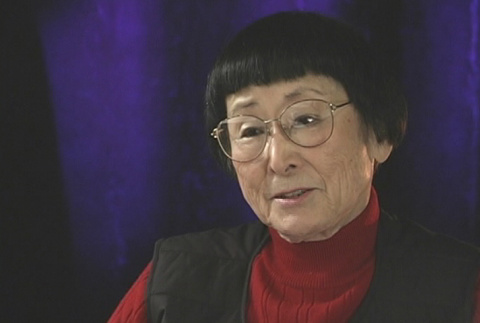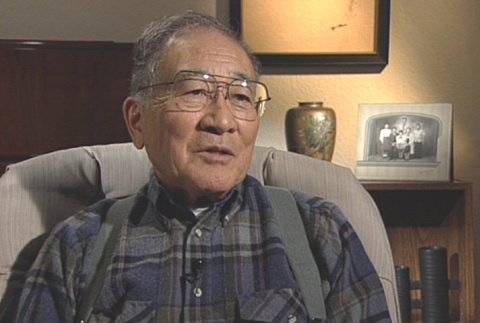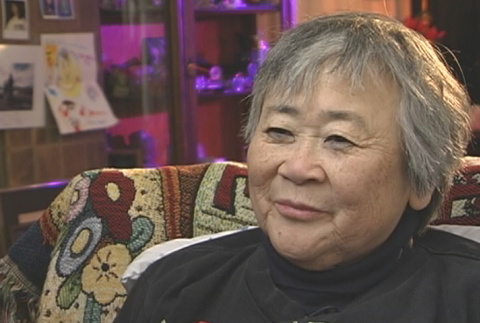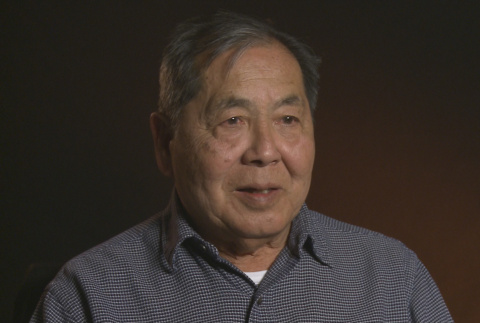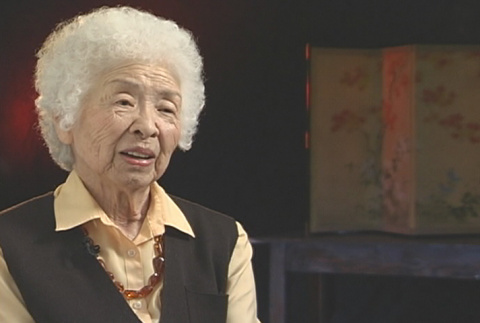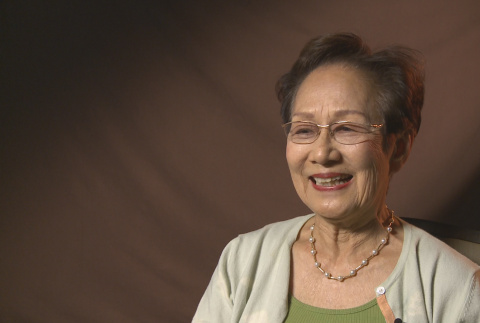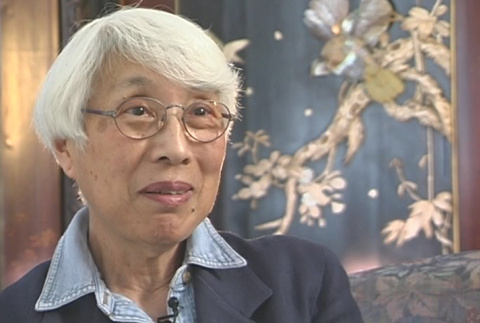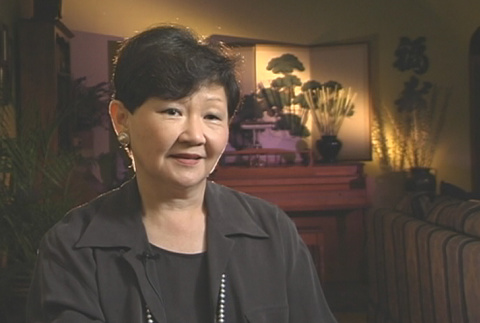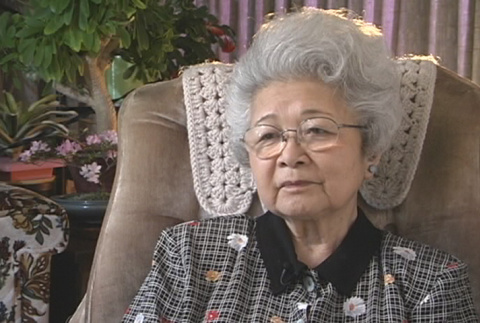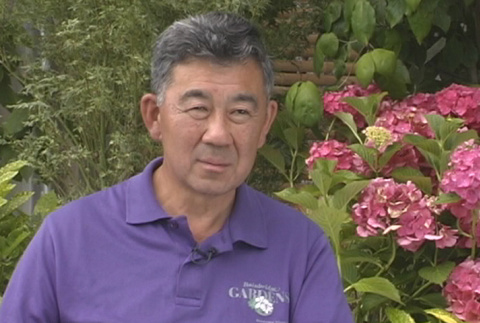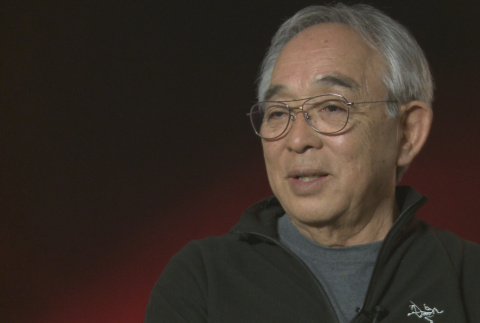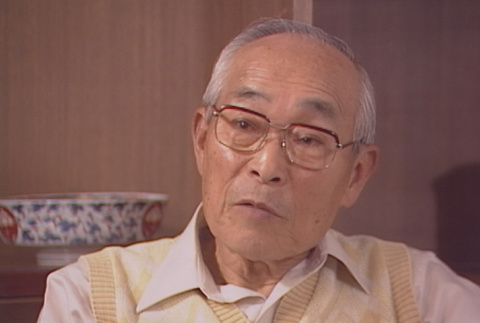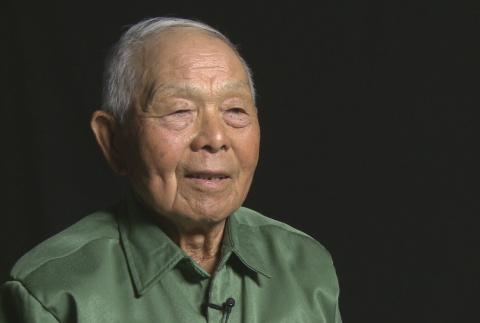Issei
The earliest wave of Japanese immigrants, the Issei (first generation), had a strong sense of their ethnic identity and retained the values and traditions of their country of birth. Most came to the United States as sojourners and planned to return to Japan after earning their fortunes. In addition, discriminatory laws forbade them from becoming American citizens and from exercising other basic rights, such as owning or leasing land. Since they were thus prevented from fully taking part in American life, it is not surprising that many still identified strongly with the culture of their homeland.
Identity and values
(200)
Issei
(1023)
Related articles from the
Densho Encyclopedia :
Issei
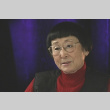




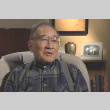
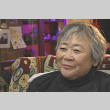
Mrs. Kurose was undergoing treatment for cancer and required frequent breaks and medication to help her with pain management.
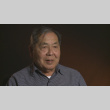
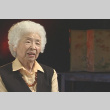

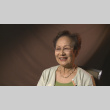
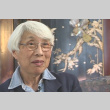

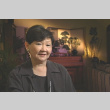
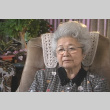

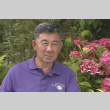
This interview was done outdoors in the Bainbridge Gardens Nursery which resulted in increased background noise and frequent interruptions by the business P.A. system.

This interview was done outdoors in the Bainbridge Gardens Nursery which resulted in increased background noise and frequent interruptions by the business P.A. system.

This interview was done outdoors in the Bainbridge Gardens Nursery which resulted in increased background noise and frequent interruptions by the business P.A. system.
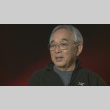
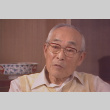
This material is based upon work assisted by a grant from the Department of the Interior, National Park Service. Any opinions, finding, and conclusions or recommendations expressed in this material are those of the author(s) and do not necessarily reflect the views of the Department of the Interior.
